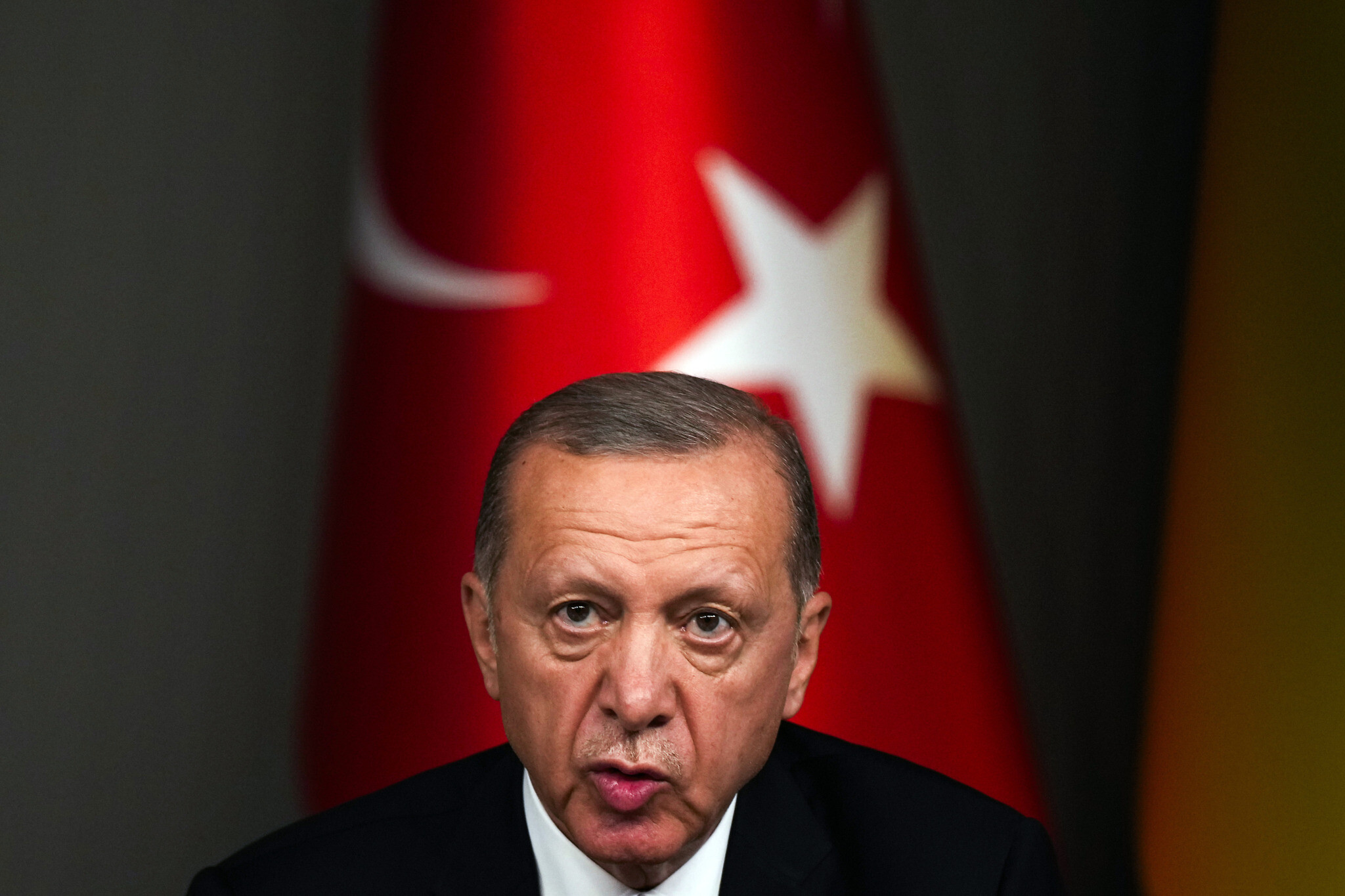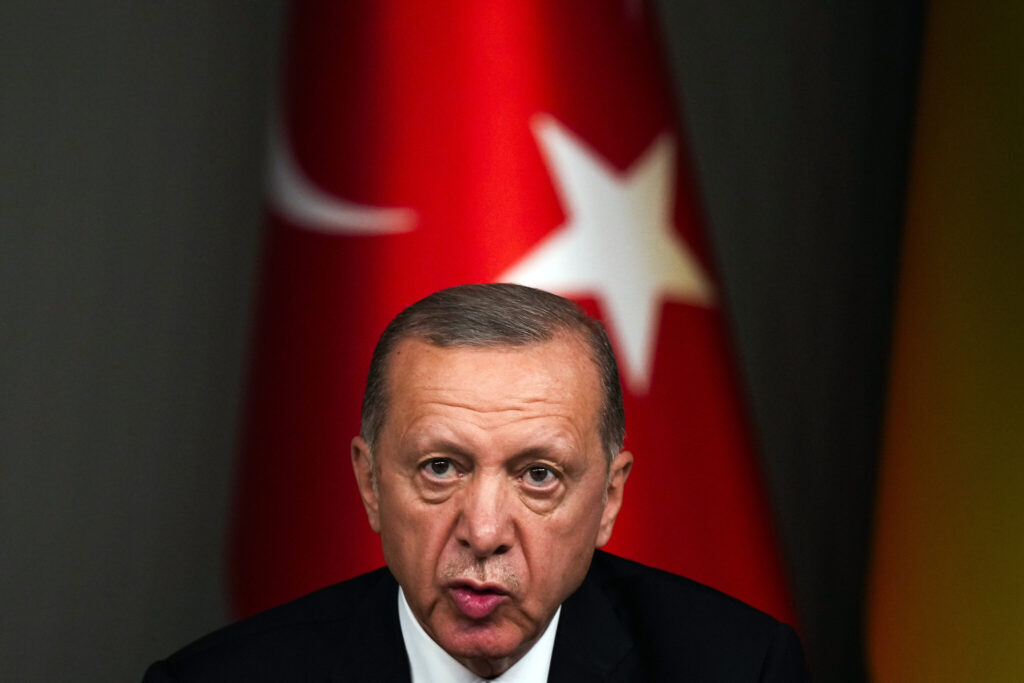
While the roots of the main division and the covert conflict go back much further, we can consider the start of the ‘Selam Tevhid plot’ as a turning point. For the first time, FETÖ terrorists directly attacked the ‘Islamists’. Previously, they never emerged from behind the scenes, always reaching their goals through intermediaries. They knew they would lose if they directly engaged in conflict. Finding common ground between two opposing worldviews was already quite challenging. Unfortunately, over time, a zone of uncertainty was created between these two worldviews, and FETÖ terrorists gradually approached their expansionist goals in this fortified area of vague expressions. This was a significant success for them. As a recruited structure, they could never dominate as a leading actor in the religious field. This indicates that the February 28th period should not be sacrificed to a secular-anti-secular conflict.
Among the justifications of September 12th, there was the Jerusalem issue. Therefore, after thirty years, when Erdoğan said ‘one minute’ in Davos, it was not so difficult to predict that a significant confrontation would take place. Indeed, a year later, with the ‘Mavi Marmara’ incident, this confrontation was brought into the open, and Gülenists launched a major war against the faction labeled ‘Islamists’. This was also a sign that Gülenists could no longer remain behind the scenes. The Palestine and Jerusalem issue played a significant role in shaping worldviews. The ‘deaf sultan’ in Egypt knew this, and this knowledge paralyzed both minds and bodies. The cost of taking action has always been high. As Edward Said stated in his lengthy article ‘Resistance and Opposition,’ the relationship between the West and the cultural ‘other’ it dominated has revealed a problem.
It is not in vain that Türkiye has consistently stated that it has been part of the Palestine issue since 1917. When we say something more forward, it is clear where the issue will lead. Because Palestine is undoubtedly one of the problems that emerged with the liquidation of the Ottoman Empire. Indeed, historically, they wanted to build a new Western European colony in Palestine, which was Ottoman territory. In this, the Anglo-Saxons were one step ahead of the others. The colonial empire of the nineteenth century ultimately declared Palestine as the homeland of the Children of Israel. During the period until 1947, the British mandate administration built a colonial structure in Palestine. For Palestinians, the ‘relationship between the West and the cultural ‘other’ it dominated’ was born exactly in such a structure. The British and the Children of Israel, along with other Western powers, built a cosmopolitan structure in Palestine, never considering the possibility of a national force emerging against them.
Despite Türkiye’s frequent open statements about the Palestine issue, it has thought that it did not have different options in practice. We can say that the expansion of Western dominance determined the emergence of this thought. However, certain recruited structures were quite skillful in taking advantage of the situation of helplessness resulting from the lack of options. Therefore, the zone of uncertainty between the Gülenists and the faction labeled ‘Islamists’ was very suitable for use. It is essential to prevent the blunting of sensitivities to the Palestine issue in the past. Unfortunately, they succeeded at certain times. In this respect, President Erdoğan’s statements on the Palestine issue also have a warning aspect. President Erdoğan’s statements about Hamas in recent times are indeed important. Mr. Erdoğan first likened Hamas to the Kuva-yı Milliye. This was not dwelled upon enough. Discussing whether Hamas can be likened to the Kuva-yı Milliye is, of course, legitimate, but this means pushing many essential layers of the issue into the background. The definition of Hamas as a national movement is a reflection of a step forward. As a continuation of this, Erdoğan stated that Hamas is a ‘resistance organization.’ Surely, this is also a reflection of a step forward. As is known, after the Kuva-yı Milliye, a regular army was established here. The transition from national resistance forces to a regular army is undoubtedly considered a step forward.
We will see how much these new steps will affect the internal division and the overt conflict through experience.
